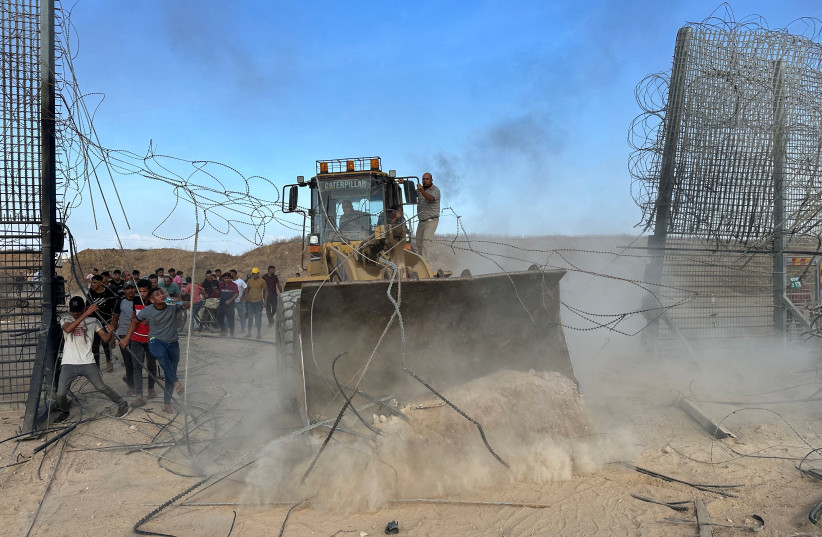With every day that passes, the scale of psychological trauma experienced by men, women, and children in Israel on October 7 becomes apparent. Nothing prepared Israeli society for the magnitude and severity of the damage done. Today, the Sasha Schwartz Center in Petah Tikva, specializing in post-trauma, anxiety, and phobias, is part of the Israeli effort to help victims.
Sasha Scwartz recalled that “On October 7, I tried to volunteer for active duty in the IDF,” but “They told me that at 52, I was too old.”
He soon realized he might be able to help in a different way through his center. “My phone was bombarded with calls. Survivors from the Nova Festival and from the settlements on the Gaza border, and displaced persons now living in hotels, sought advice. They did not know who to turn to.”
Schwartz called a friend, Olessia Kantor, a businesswoman and author, and asked her for help. Not unacquainted with personal trauma, and known for her support for victims of violence, Kantor was quick to say yes. Her donation made it possible to launch the Fire Heart Project, which offers individual and group therapy to those who need it. “Israeli society is a family. We are responsible for each other. I am part of this family. When Sasha called, I felt it was my duty to be a part of the effort of healing and recovery,” she said.
In the absence of an organized government plan for dealing with mass trauma, Schwartz notes, there is much uncertainty and confusion in the field. “I met with survivors from the Nova Festival who formed a voluntary association. While obviously very eager to help, they did not have a clear therapeutic program nor did they know how to reach those who do not seek help, though they badly need it. Some survivors try to deal with the trauma on their own, others are afraid that if they go to therapy the government will consider them “healed” and not support them financially.

Many patients reported that they had to deal with parents who ask, “Why did you go to that festival?” They tell them how traumatic it was for them. Survivors feel criticized for causing anxiety to their families. Every survivor has to deal not only with the events of October 7 but with past traumas and tensions triggered by those events. Unless they get appropriate treatment,” said Schwartz, “we will face problems for decades ahead.”
Today, the Fire Heart Project treats about 30 young men and women. The monthly cost of treatment is about NIS 7,000. Kantor’s generous support allows the project to help patients who cannot pay for therapy; it offers them both treatment and loving care. “I am proud that we can be part of this healing process,” said Schwartz.
The writer is a communications and public relations consultant.
